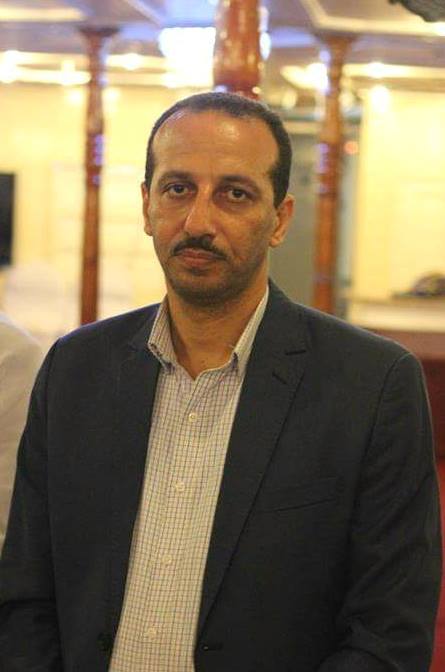Responding to the overnight suspected enforced disappearance of human rights lawyer and director of the NGO Egyptian Coordination for Rights and Freedoms, Ezzat Ghonim, Amnesty International’s North Africa Campaigns Director, Najia Bounaim, said:
“Given the highly charged political climate in Egypt and the clampdown on dissent in the lead up to the presidential elections, we are deeply concerned that Ezzat Ghonim may have been forcibly disappeared.
“The Egyptian authorities have a notorious reputation for the use of enforced disappearances to silence human rights defenders and members of the opposition. This appears to be yet another shameless attack on the right to freedom of expression and association. It is a reminder of the incredible obstacles faced by those who are striving to defend the basic rights of the Egyptian people.
“Instead of abducting those who stand up for the rights of others, the Egyptian authorities must protect these activists and facilitate their work. They must disclose any information they have about the whereabouts of Ezzat Ghonim and release him immediately if he is in state custody.”
Background
Amnesty International spoke with the family and colleagues of Ezzat Ghonim about the circumstances of his disappearance yesterday evening. His wife has said she waited for him to return home from his office after he called her at 5:30 pm to let her know he would be home in half an hour. When he had not returned by 6:30 pm, she tried to call his cell phone repeatedly, only to find that it was not available and potentially switched off. She then called Ghonim’s colleagues and acquaintances, before calling local hospitals and police stations without gaining any further information about his whereabouts. She continued trying to reach him through the night, calling Ghonim’s cell phone several times without a response. At 1:30 am she called his cell phone again, hearing it ring for a few minutes without anyone answering. The cell phone has remained unresponsive since.
Ghonim`s wife has since submitted complaints to the Ministry of Interior and the Office of the Public Prosecutor calling on them to reveal his whereabouts.
Amnesty International has already documented several cases of enforced disappearance in 2018. On 4 February, journalist Mustafa al-Aassar and his roommate activist, Hassan al-Banna, disappeared on their way to work in Giza. On 8 February, the deputy head of the Misr al-Qawia opposition party also disappeared. Despite numerous complaints by family members and lawyers, the Egyptian authorities refused to reveal the whereabouts of the men. However, the three men later appeared at the Office of the State Security Prosecution. Prosecutors ordered their detention on trumped up charges of publishing false information with intent to harm national security and for joining “banned groups”.
Enforced disappearance is the method of choice for the authorities when they are looking to hide further abuses against dissidents, such as ill-treatment, torture and extra-judicial executions.


